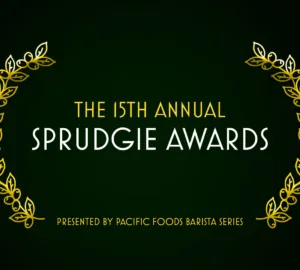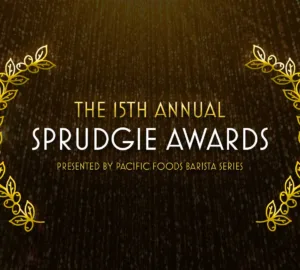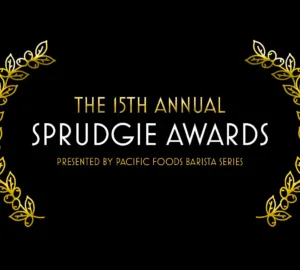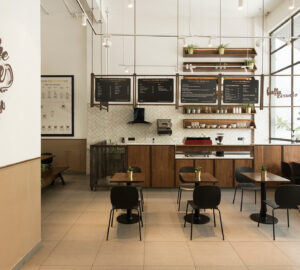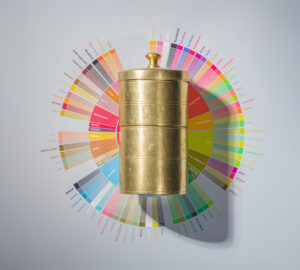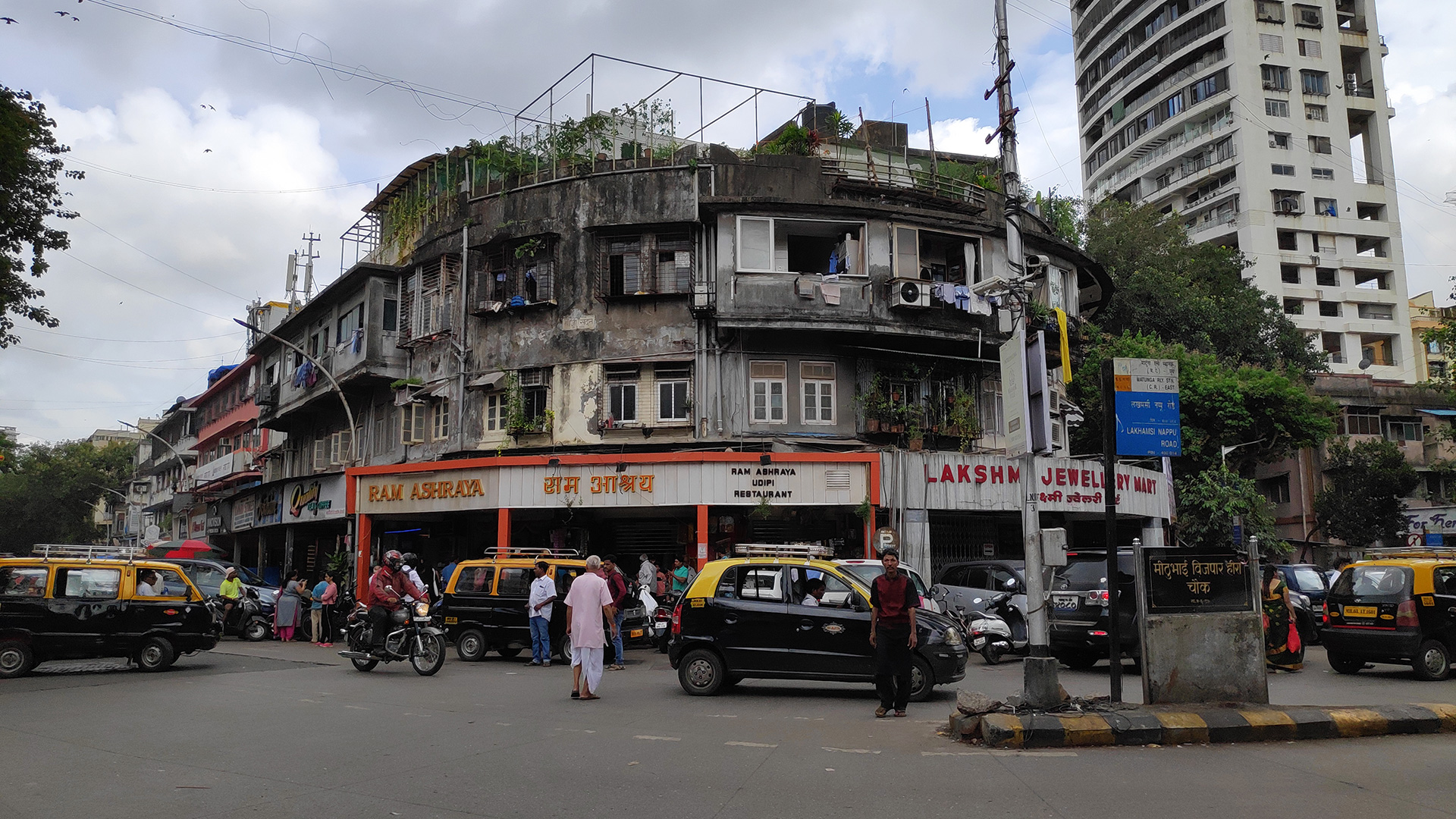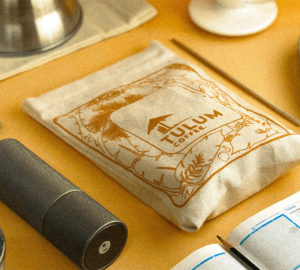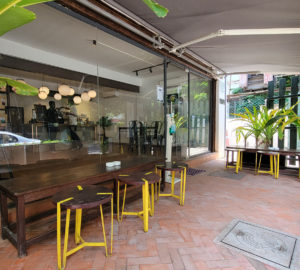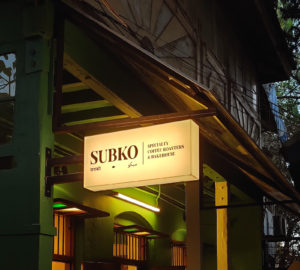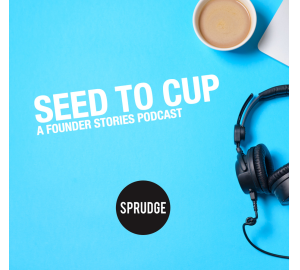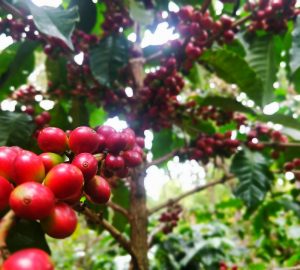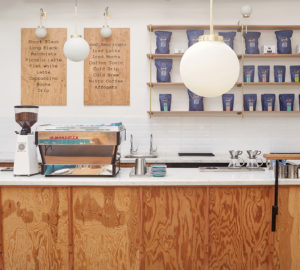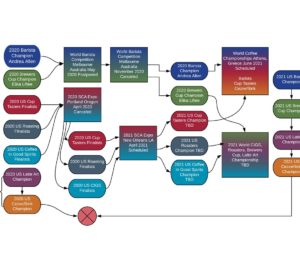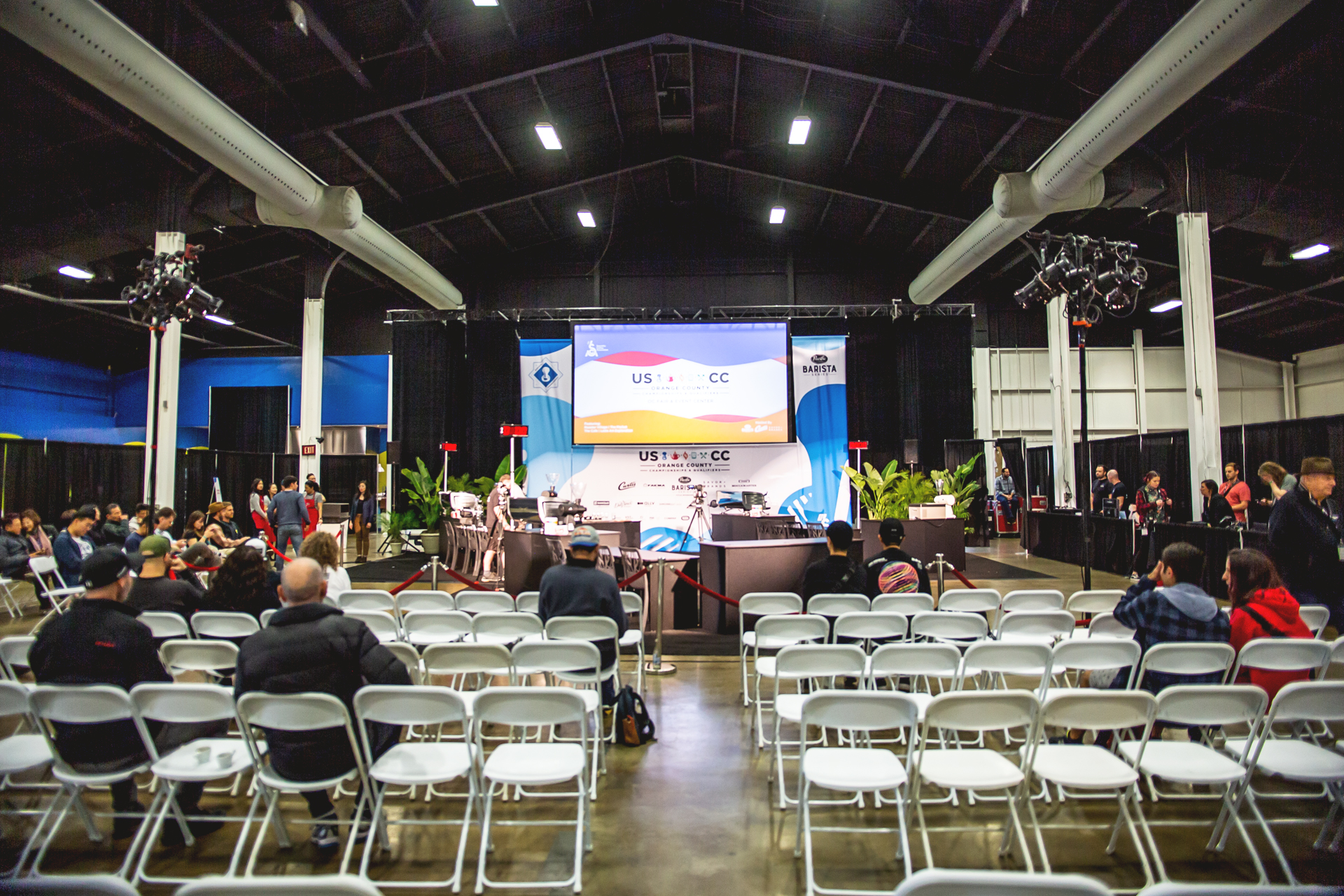Once she was the original intern for Sprudge.com, but now we’ve got Joanna Han writing paid features for us around Portland – and beyond! That’s called working your way up, folks. Today she takes you to a cupping of rare and exotic Indian coffees at Portland Roasting Coffee, acquired by Nathanael May on his recent Wes Anderson-esque journey to India.
Last Thursday, Portland Roasting Company hosted a public cupping featuring 17 rare Indian coffees from the Eastern Ghats mountains in the Araku Valley, located north and east of Bangalore and Hyderabad. Coffee educator Nathanael May hosted the event for the crowd of lucky guests, which included a mix of local coffee professionals and curious coffee enthusiasts. I myself attended and took the photos you see above, but I’ll turn it over to Mr. May for an in-depth breakdown and recap of the coffees offered:
On Table 1 we featured coffees that were “Specially Processed” using what was essentially described as a pulped natural processing method. The skin was removed from the cherry, and the coffee was dried with the mucilage still on.
These coffees were grown in the mandal (village) of Pedabayalu. T. Chitti Babu represents this mandal and its 818 farmers on 686 acres of land. The coffee was a mix of Selection 5 and Cauvery varieties, grown at 900-1200 meters elevation.
These coffees were coded as S 1101 and S 1104 at our cupping event. S 1101 and S 1103 had a split decision in the room; some people didn’t care for them, thinking they were fermented, and others thought they were fruity and delicious. Some of the descriptors for these two coffees included red wine, cherry, and a dark cocoa finish.
On Table 2 were the coffees that were grown by primarily female groups, coded DO 21, DO 22, and DO 23. These women are from the Araku Valley mandal, in which there are 5476 farmers in 266 villages. The elevation these coffees were grown at is all above 1200 meters. All of these coffees were organic and came from Selection 5, Selection 7, and Cauvery varieties.
By far, most people seemed to like DO 22 the best, which isn’t surprising, since it won the Araku Originals Award for best coffee grown by a female group. DO 22 represents the work of only 15 women, and is well balanced, with strong notes of walnut and chocolate, and a clean finish. These coffees were processed using the traditional “washed” method.
On the same table as the female-grown coffees, we also had a coffee that came from an island, coded C-1. The mandal on the island is called Munchingput, and on the 1026 acres there are 1012 farmers. C-1 represented the best of these coffees, but there were only 97 Kgs available to sell worldwide. The island coffee, like the coffees from Pedabayalu, were “specially processed” in something resembling the pulped natural process
The winning coffee this year, which we unfortunately did not have a sample of, was from the Dumbriguda mandal, grown by a gentleman named Korra Lachumanna. His coffee was in such short supply that we only took samples of other coffees that had a similar flavor profile, but were available in larger quantities, in case we (or anyone else) was interested in buying something from that area.
The event was an all-around great time, and a chance to try some pretty rare and exotic coffees. Our evening concluded with complimentary beers (“I think we have some IPAs to stick with the theme”) and a lot of nice conversation. To learn about Nathanael’s India origin trips, click here – turns out that Mr. May’s a pretty great writer, too.
Though a Portland resident, Joanna Han is spiritually Scandinavian. See more of her writing and photography at I Love Fika.















